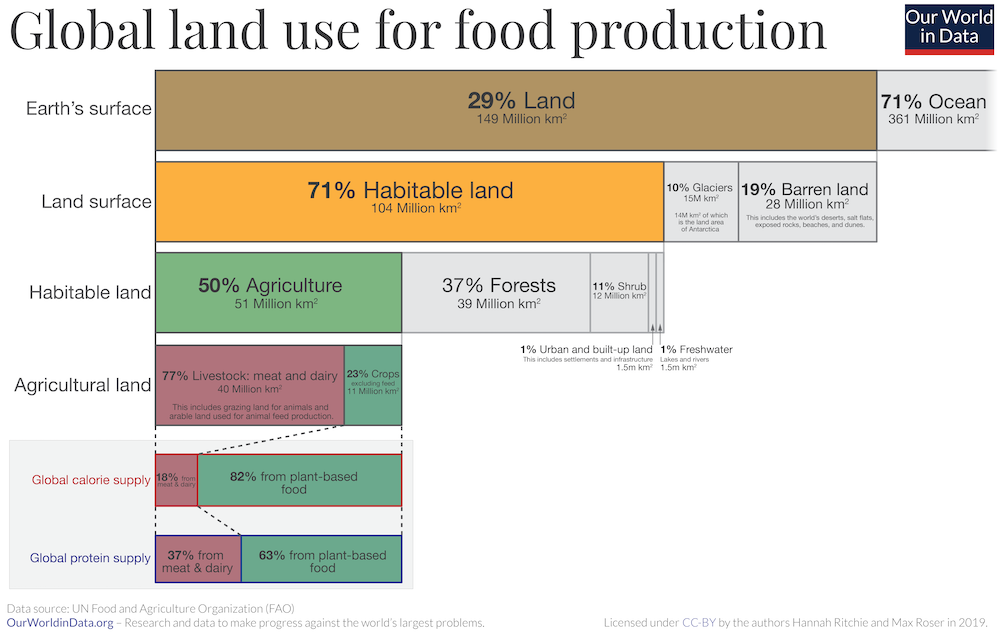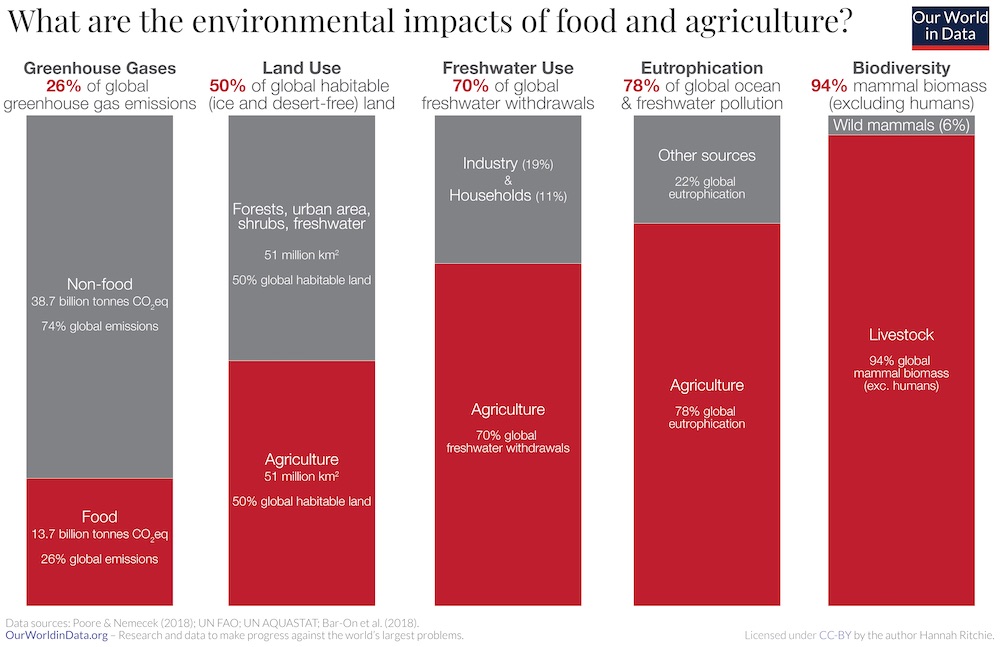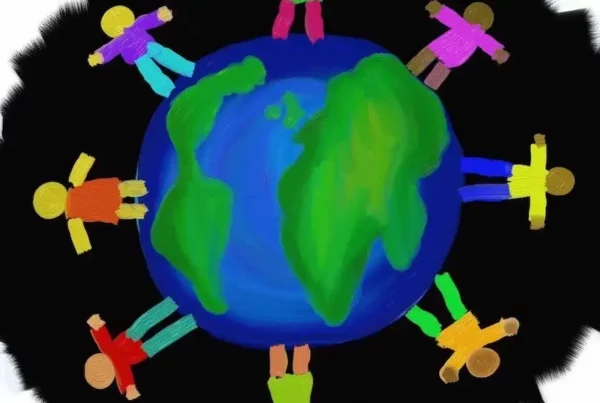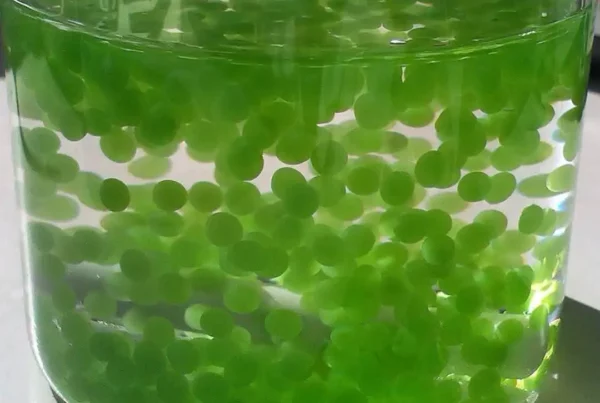Last week’s board meeting was incredible. That’s not something you normally hear after a meeting! What really struck me was just how global the Global Plant Council now is. The Board consists of representatives from 10 different countries on 5 continents (Chile, Mexico, Canada, UK, Spain, India, Italy, China, Japan and Australia). Every one of us at that meeting was in some kind of lockdown. I was overwhelmed with just how connected we all are. It was quite emotional.
Humanity’s impact on nature
All of humanity is in this pandemic together. But we are also all connected through nature: the atmosphere with rising CO2 changing our climate; the heartbreaking destruction of habitats around the world; and our need to grow and distribute enough food to feed everyone. These things are not independent from one another. There is increasing evidence that zoonotic diseases, like COVID-19, HIV-AIDS and SARS-1, are more likely to arise where habitat destruction leads to the increasing juxtaposition of people and wild animals.
This pandemic should be a wake-up call. Sustainability is not only important, it is essential. Ecosystems need to be conserved, not just because they have a right to be preserved for their own sakes, but for the health and well-being of the human population. It is arrogant of humans to think we can do whatever we like with nature. Right now, nature is coming back to bite us.
Plants around the world are being driven to extinction by excessive use of resources, land clearing and climate change. We don’t even know how many plants there are in the world. At the most basic level, we may be losing plants with unique chemicals that could be used to cure diseases, unique genotypes of crop wild relatives that could be a source of traits to improve agricultural productivity and so on.
Agriculture is responsible for 26% of global greenhouse gases emissions, 70% of the freshwater use and occupies 50% of the habitable land surface. Plant scientists around the world are working to document species diversity, design conservation reserves, collect seeds for storage in seed banks, develop more efficient crops that use less fertiliser and water and are resistant to pests and diseases without the need for the application of large volumes of agrichemicals.
The Global Plant Council
The Global Plant Council aims to increase the awareness plants, of the need to train plant scientists and to supply them with research funding. It seems crazy that we have to say this, but with a world inflicted with plant blindness, our first job is to get people to just open their eyes and see the plants around them and the central role they play. Just having an organisation called The Global Plant Council enables journalists and influencers to identify people to contact for comment in different countries. This is one reason why we are so keen to have representatives from all countries and from many different plant science organisations around the world.
Different media reach different audiences.
In the past two years we have grown our social media presence by 50% percent annually, largely due to the efforts of our Chief Communications Officer, Dr Isabel Mendoza (currently locked down in Valencia, Spain). We are also expanding into different languages with a Spanish Twitter account and a new Weibo account to reach our Chinese followers. English maybe the current international language of science but if we want to reach people across the world, we need to communicate in different languages and on different platforms.
Plans for the Future
At this years’ GPC annual meeting we were planning to run a workshop on science communication with a special workshop run by the award-winning Italian science journalist Michele Catanzaro. We always hold our meetings in conjunction with a larger plant science conference, rotating around the world – last year it was at the ICAR meeting in Wuhan, and this year we planned to meet in Torino, Italy at Plant Biology Europe 2020. The conference has, of course, been postponed due to the raging pandemic. We really hope we can hold this fantastic workshop one way next year.
The annual business meeting this year will still need to be held and we will do that virtually. This is not easy given all the different time zones, but instead of an imposition, we should instead celebrate that the GPC is now truly global. The Era we live in, the Holocene, is characterised by possibly the highest biodiversity in the history of our planet. As we move into the Anthropocene, that is changing. Let’s work together to minimize the damage. It’s not going to be easy, but without plants, it’s impossible.
Author: Prof. Ros Gleadow, President of The Global Plant Council
Image credit: Free-Photos / Pixabay










